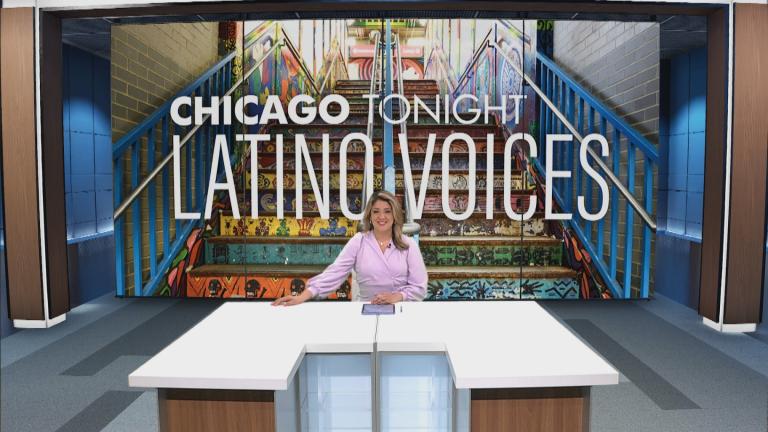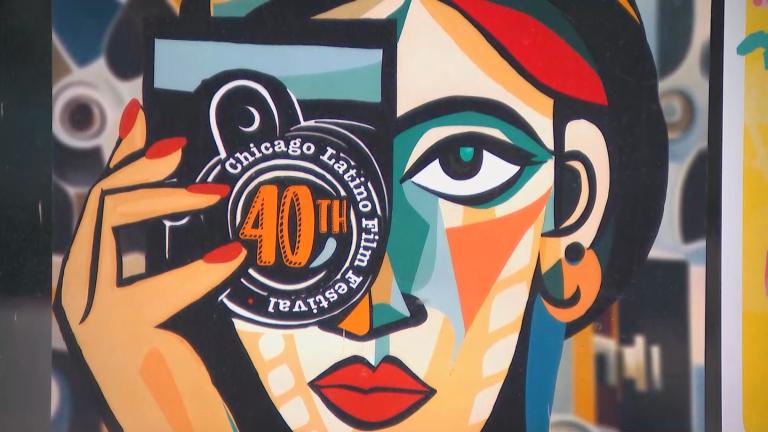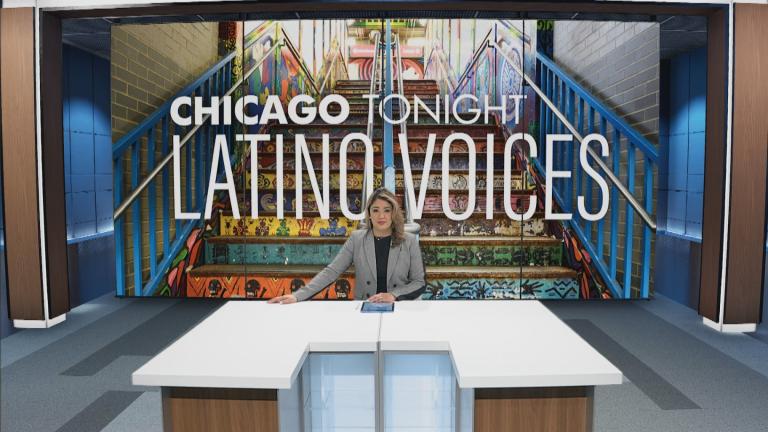Chicago City Council members voted 43-7 to approve a new ward map this week, the approval came after a monthslong tug-of-war between the Council’s Latino and Black caucuses over the balance of wards.
The approved map has 14 wards with the majority of Latino voters. That’s one short of the 15 wards the Latino Caucus had demanded after 2020 census data showed Chicago’s Latino population had grown while the Black population had dropped.
Overall, Illinois Latino Agenda 2.0 member Juan Morado Jr. said he is “disappointed” in the outcome of the remap.
“There’s certainly been some gains I think, you know, the Latino majority wards have gone up, but data lost out and we didn’t end up with the 15 wards that are commensurate with our community’s population,” Morado said. “You look at the change that this city has seen over the last 10 years — the numbers kind of bore out that the Latino population I believe was about … 33,000 people more than the African American community. You saw that overall Latinos are just [a few thousand] shy of being the majority population demographic in the city.”
“Disappointed” is the same word CHANGE Illinois’ Chaundra Van Dyk uses to describe her reaction to the unveiled map.
“Very disappointed to see the City Council passed a map that lacks transparency, no community engagements, and splinters communities in a way that is just very scary for the next 10 years,” Van Dyk said.
Hermosa Neighborhood Association vice president Alma Krueser is pessimistic the remap will result in positive change for her community.
“I don’t think we’re well represented. I’ve lived in the Hermosa community since 1980. And ever since then we’ve always had a Hispanic alderman, which things didn’t get better for our community. So I was hoping that the new change, the coalition map would have brought a different view, a different choice to the residents having them have a voice. And I was hoping for a change in our community,” Krueser said. “Everything around us is building up is getting cleaned up. But Hermosa is still stale. We need attention from the alderman and we haven’t been getting it.”
Asiaha Butler, CEO and founder of the Resident Association of Greater Englewood, said that the community’s hope was that they would consolidate the neighborhood into fewer wards – a hope that went largely unfulfilled.
“Our conversation in Englewood was really spot on in terms of mapping and I just would have thought we would have some more engagement with our local officials to come up with the outcome,” she said. “We have assets that are still sitting in that ward. We’re still divided by five and we still have to work with five different alderman to try to get anything done. The upside is that two of the wards have a significant increase of population within the Englewood community and so, we hope that will give us a little bit more cohesion and collective type of planning and development as a neighborhood.”
The wild reshaping of the 36th Ward will end up disenfranchising residents, said Morado.
“Those are folks who have been going to be completely disenfranchised in some ways. It’s going to be hard for anyone to represent that ward in the future,” he said. “You look at the two disparate communities that are connected by Grand Avenue there, you have people who are going to be as far as North and Grand Avenue, having the same alderman as somebody near Ashland and Grand Avenue.
Van Dyk said she believes the words City Council members use throughout the remapping process reveals how they feel about their positions as elected officials.
“There’s this very, very strong lack of sense of community when it comes to the residents and really empowering residents to have a voice in their communities. And I think that showed when we went through this entire process. We had all of this hope and ambition to see communities be able to engage in a different way. And we got Chicago business as usual,” Van Dyk said. “The people once said that that process was unfair. It was degrading in some ways. And it really made them feel as though they were outcasts and they didn’t have a voice. But yet they still went in that back room and decided to take a deal over communities. And we see that that deal didn’t include an increase in any representation. And so we just have the question, whose wards are these?”








